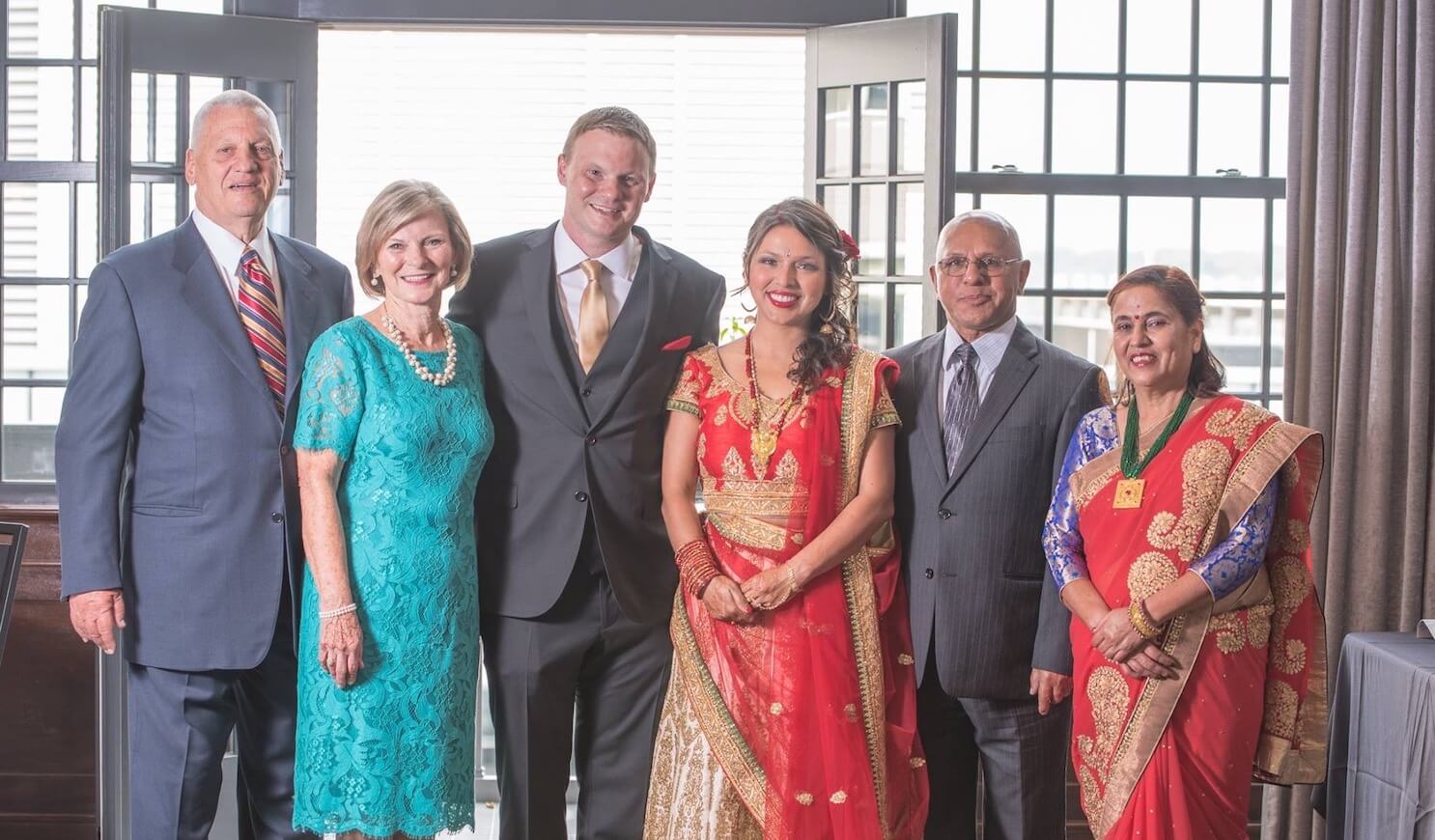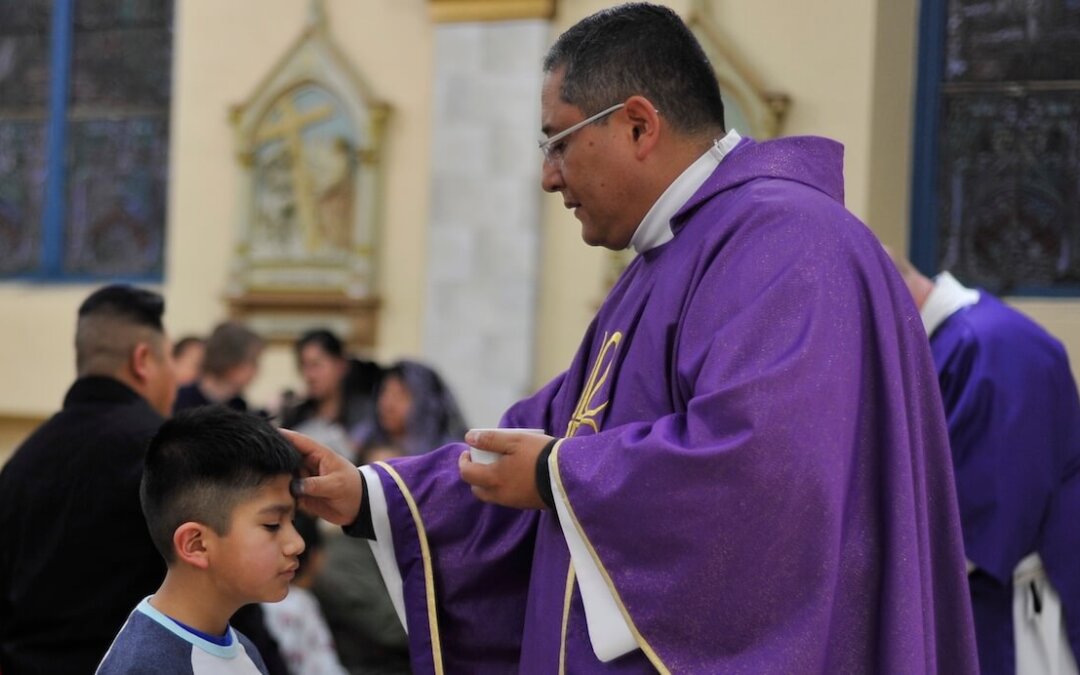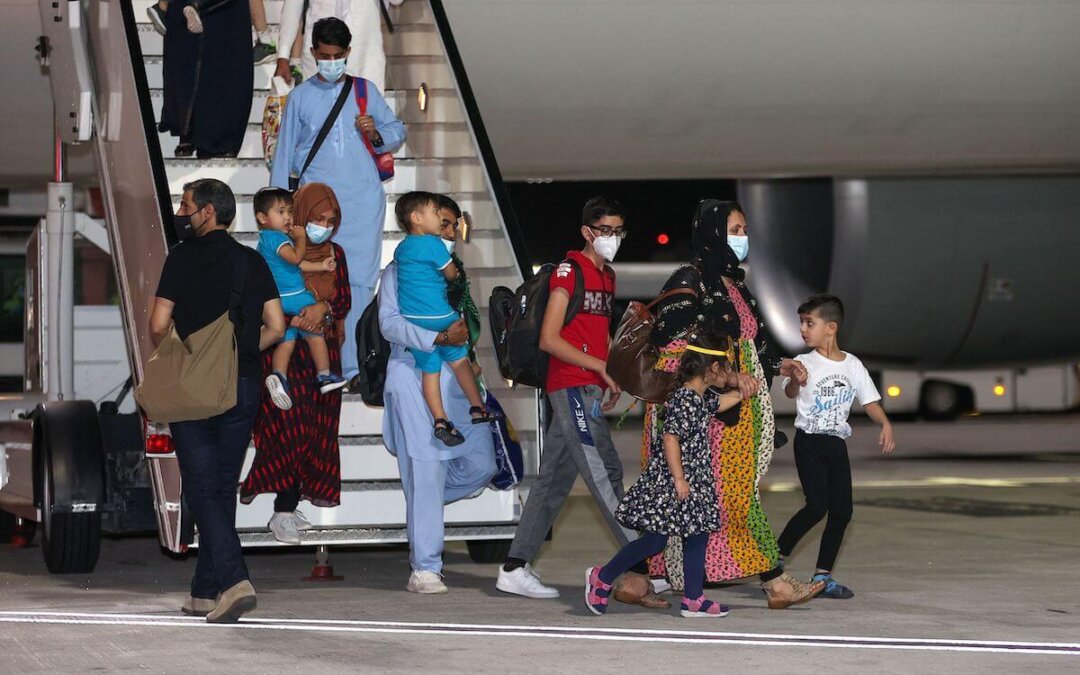
People usually ask you what you do for a living, at times as their measure of your success.
We all have different definitions of what constitutes success. To Manisha Paudel, it’s about doing something impactful, big or small, that is worth being replicated by others
When I first met her, she reminded me of a Spanish saying that in English means: “Great essences come in small packages.” Even though she is a very petite young woman, she carries a huge drive inside.
Manisha serves as the equity coordinator for the city of Des Moines, where her focus and passion are centered on creating systemic change locally. Part of that work includes creating programs to ensure equitable creation and delivery of all city services, policies, and practices. She is also part of county-wide leadership collaboration for immigrant and refugee residents to aid in their prosperity.
She has served as co-chair of the national network, Government Alliance on Race and Equity, which more than 170 cities and counties are members of. Manisha also works with a community-wide initiative to help improve the quality of life for all residents.
Manisha’s professional success has come at an early age. She is 34, yet her journey began in Kathmadu, Nepal, where she was born at a very tumultuous time in the country’s history. Her dreams and family have taken her to many places around the world. Her father left the country to find better opportunities for his family. After working in Japan and Lebanon, he came to Davenport via Los Angeles.
[inline-ad id=”0″]
While she was still in Nepal, Manisha had her own concerns about staying there with the uprise of the Maoist movements resulting in school closures. She wanted the opportunity for higher education, which would not be easy in her home country.
Her father was still awaiting confirmation on his immigration proceedings in the United States, so she began looking into opportunities to ensure her education was not interrupted. A Canadian high school responded to her letter indicating they would accept her, but the Canadian embassy denied her visa because she was a minor.
One of the first signs of her resiliency was when she wrote back to the Canadian embassy to reconsider their decision and copied the United Nations in New York.
Her letter read: “I am a child and it is my right to have an education. This is in the United Nations Human Rights Declaration.”
Both the Canadian embassy and United Nations responded to Manisha, and three weeks later she received her visa to attend high school in Nanaimo, British Columbia, at 16 years old.
[inline-ad id=”2″]
Manisha graduated a year early as valedictorian. She later changed her mind about becoming a doctor and enrolled at the University of Toronto with the desire of working for the United Nations International Children Emergency Fund (UNICEF). In the meantime, she worked in a law firm as an office administrator, sparking her interest in studying law.
“I never had a mentor,” she said. “My parents didn’t go to college, so I didn’t know what I needed to be to defend children – especially those that don’t have the resources. So, I figured I should be an international children’s rights lawyer.”
At about this time, her father petitioned for her so she could move to the U.S. and became a permanent resident. Her mother and brother already lived with her father in Davenport. When she was 20 years old, her father’s petition was granted in 2006 and she moved to Iowa with her family.
After a few months she decided to move to Des Moines and attend Drake University. Her original intention was to study law but realized that this was not her calling.
One of her school projects gave her the chance to go back to Nepal. The project consisted of comparing small and large nonprofit organizations. This experience validated her initial idea of pursuing international relations and development. In 2010, during grad school, she received an internship with UNICEF. Manisha spent four months in Eritrea, north of Ethiopia. Her assignment was to study the environmental impact war had on children’s education.
“The trauma and scarcity of resources in Eritrea gave me new perspectives about life in general,” Manisha said.
She continued her work with UNICEF and traveled to East Timor, in Southeast Asia. During this time in her trip, Manisha realized she needed to stay closer to her family, especially her mom, who faced health challenges. Manisha and her mother have a very strong bond and she had to be by her side during this difficult time. Her pathway to a career at the United Nations had to come to an end.
With a graduate degree in public service, Manisha realized she could do similar work in the United States as she was doing in Nepal.
She found her first local government job with the city of Davenport as a management analyst for the parks department. She later secured a position with the city of Dubuque as a human relations specialist. During this time she was invited to visit local government leaders in Jambi, Indonesia.
In early 2015, Nepal was hit by a devastating earthquake, which alerted Manisha to be somewhere she was needed even more. She left her job in Dubuque, raised $11,000 and went to Nepal to assist in the recovery efforts there. Upon her return in 2016, she moved to Tacoma, Washington, to join the city of Tacoma’s Office of Equity.
Family pulled her back to Iowa once again and in late 2017, and she joined Des Moines’ city government to fill the brand new position of equity coordinator. Last April, she traveled to the Philippines to serve as a mentor to young Southeast Asia leaders.
Her travel alone made me feel exhausted!
[inline-ad id=”1″]
Beyond Des Moines, Manisha also became involved in advancing equity via a dialogue group in Ankeny. Diversity is increasing in the suburban community, and the group’s intention is to understand, welcome and embrace their residents from all backgrounds. As a part of this effort, the group helped create Ankeny’s Human Rights Commission.
When I asked what motivates her to do a job in a field that is usually underfunded, and often seems like a David and Goliath battle, she said: “My passion is to help change the systems and structures so that we are not continuously addressing individual issues. This means we need to start changing policies and practices that perpetuate inequities. I want to help minimize and eventually cut down on dependency. It truly bothers me when people have to rely on the more powerful. People in our community have the capacity, the strength and power it takes to do this.”
After listening to Manisha’s story, I’m convinced she has an internal fire that ignites people around her to join her in ideals, which make people see the world with a different lens. I am also convinced that not only our community benefits from Manisha’s work but that city government hit the jackpot when she came on board.
By Claudia Thrane
Posted 3/5/20
Politics

Biden marks Earth Day by announcing $7 billion in solar grants
The Biden administration on Monday announced the recipients of its Solar For All Program, a $7 billion climate program that aims to lower energy...

6 terrifying things that could happen if the Comstock Act is used to target abortion
Does 1873 sound like a really, really long time ago? Well, that’s because it is—but if Republicans and far-right anti-abortion activists have their...
Local News

No more Kum & Go? New owner Maverik of Utah retiring famous brand
Will Kum & Go have come and gone by next year? One new report claims that's the plan by the store's new owners. The Iowa-based convenience store...

Here’s a recap of the biggest headlines Iowa celebs made In 2023
For these famous Iowans, 2023 was a year of controversy, career highlights, and full-circle moments. Here’s how 2023 went for the following Iowans:...




